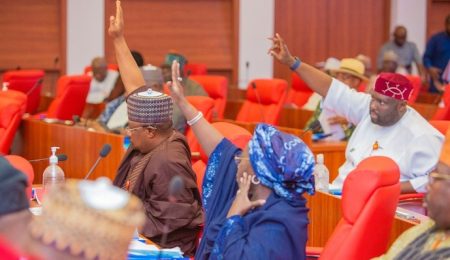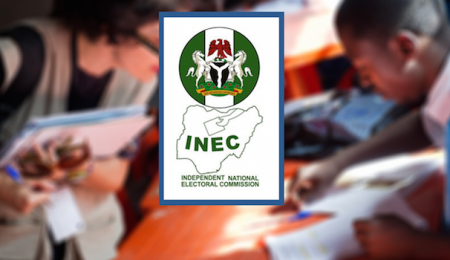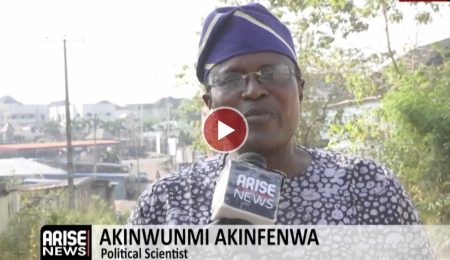A member of the House of Representatives and Constitutional Review Committee, Hon. Solomon Bob, has described the clamour to create 46 additional states in Nigeria as “ludicrous,” saying it is not only impractical under the current constitutional framework but also distracts from more urgent national priorities.
Speaking during an interview with ARISE News, on Monday, Bob said that rather than focus on state creation, lawmakers should prioritise pressing constitutional issues such as state police, independent candidacy, diaspora voting, and women’s representation.
“I couldn’t agree more with you on your take on state creation,” he said. “It’s not going to work anywhere. I’m a member of the Committee on Constitutional Reform of the House of Representatives, and my views are well known. This constitution is full of impediments that make comprehensive reform almost impossible.”
He cited Section 9 of the 1999 Constitution as a major legal hurdle to creating new states or local governments, noting that the threshold for passing such amendments is unrealistically high.
“Section 9 makes it almost impossible to create states and local governments. You need 80% approval from each house – that’s an impossible threshold,” he said. “Even globally, if you study constitutions around the world, this kind of state creation drive is just ludicrous.”
Bob argued that Nigeria’s ongoing constitutional amendment exercises have become routine, perfunctory, and fail to address structural problems.
“Our amendment process has become something of a primitive exercise every four years. We don’t get to the real heart of the matter – the structure of the country. We end up dealing with trivia.”
He called for an executive-led comprehensive constitutional reform process and urged President Bola Tinubu to take the lead, leveraging his background in public discourse and legal journalism.
“We need an executive-led, comprehensive proposal for constitutional reform. My hope is that the president, given his years of engagement in public and legal discourse, will lead the way.”
On the perceived silence of opposition lawmakers and the accusation that the National Assembly operates like a “rubber stamp,” Bob rejected the label, insisting that meaningful work happens behind the scenes.
“I reject your frequent characterisation of the National Assembly as a rubber stamp. Many things get done without cameras. We’re not activists; we’re politicians. We get things done in line with the rules.”
He explained that debates in the legislature are governed by what is listed on the order paper, which limits spontaneous or fiery exchanges.
“You can only debate what’s on the order paper. Some of us have motions that haven’t yet reached the floor. I don’t set the rules on what gets listed.”
Bob added that while more could be done to amplify opposition voices, lawmakers must work within procedural frameworks.
“We’re not flip-flops. We know how to get things done. If I were in a position to change what gets on the floor, maybe you’d see more of the spectacle some people want.”
On electoral reform, Bob said that while necessary, it cannot solve Nigeria’s governance challenges unless deeper structural constitutional reforms are undertaken.
“Electoral reform is desirable, but not nearly as desirable as constitutional reform,” he said. “This country’s major problem is the structure. You don’t build elections outside the constitution.”
He urged civil society and the media to focus more attention on pushing for constitutional change.
“If the constitution remains the way it is, then we’re just playing musical chairs. It’s not up to snuff compared to constitutions across the world,” he concluded.
Boluwatife Enome
Follow us on:


